Overview
ACME Payments is a comprehensive payments provider that enables best in class experiences for ticketing, reservations, and events based businesses.
We provide PCI compliant integrations across in store, mobile, and online check outs, for one time, and return customer use cases. Additionally, we offer a hybrid reporting platform, supporting both API and UI backoffice, for transaction details and device onboarding.
Our certified devices include those in the Ingenico lines:
| Lane 3000 | Link 2500 | Move 5000 | Lane 7000 |
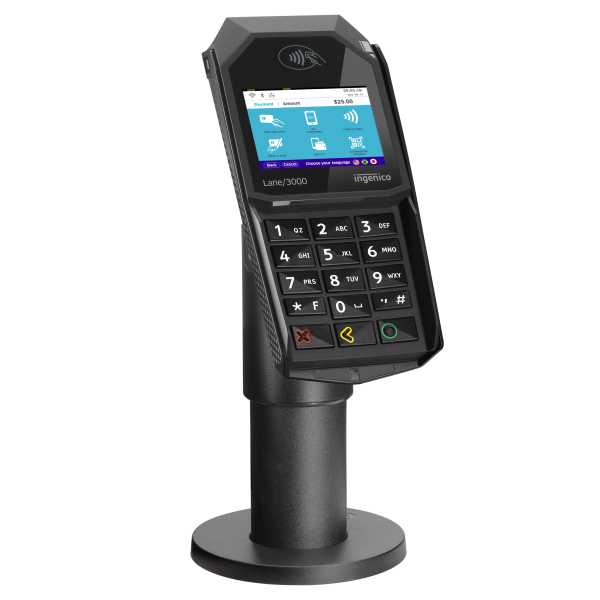 | 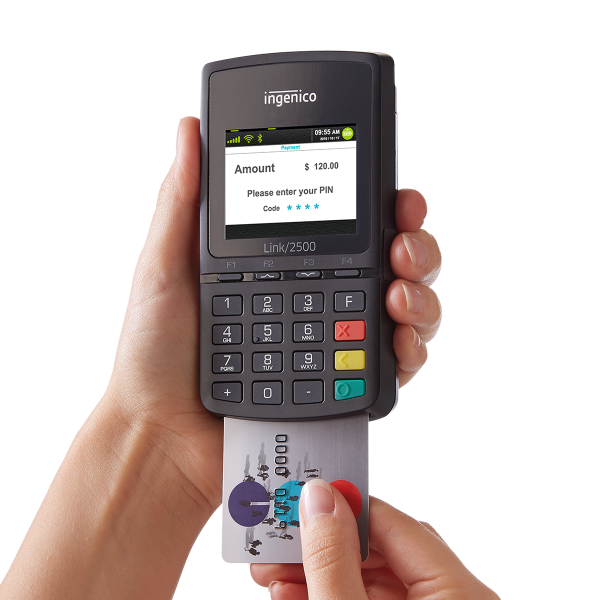 | 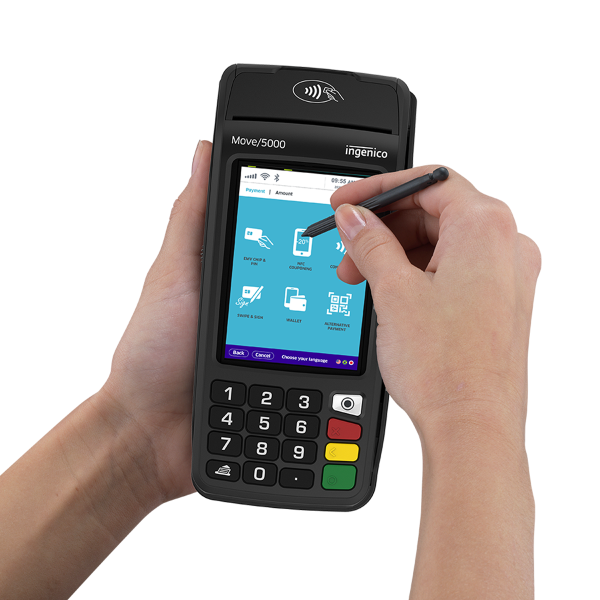 | 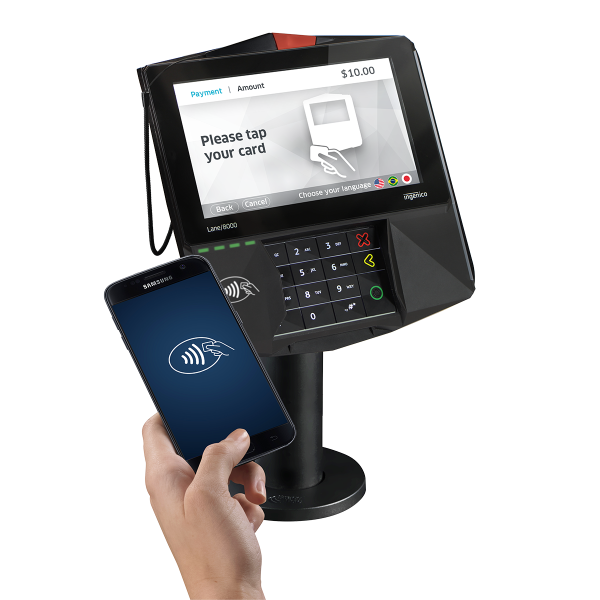 |
| Self/3000 All In One | Self/4000 All In One | ||
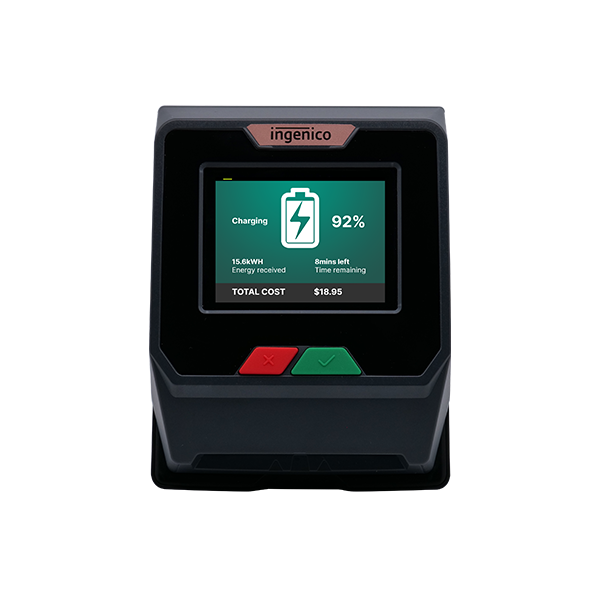 | 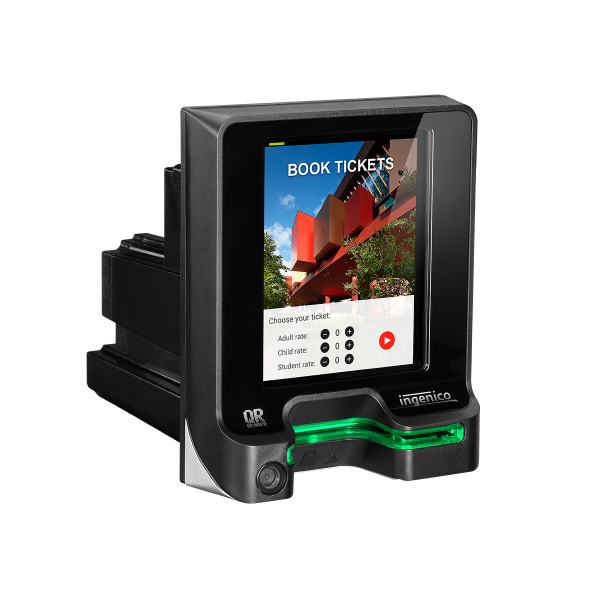 | 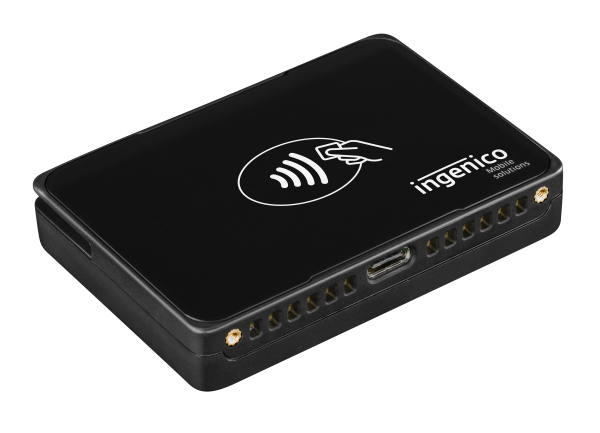 |
Getting Started
To make any calls to our APIs, you need a MerchantId and a PaymentKey.
A pair of keys were provided to you after you signed up for a partner account with ACME; one for sandbox and another for production. If you do not have them, please request from your ACME account manager before proceeding with the next steps in integration.
A Postman library has been included in this document, please see attachment below.
Making an API Call
All ACME Payment URLs are HTTPS required and have the format api.acmepayments.com/v1/payment/[MerchantId]/* and require a header value with your x-acme-payment-key
- MerchantId: is a unique identifier assigned by ACME for this seller.
- PaymentKey: is a secret value assigned to the software developer. This should be protected and not passed in the clear, hardcoded or revealed outside of any transactions. The PaymentKey should only be used for server to ACME calls and never be shared, exposed in front end code or a public repository.
Use Cases
High-level use cases that can be achieved with the ACME Payments APIs:
One Time Payment - customer pays for the product immediately at the time of checkout
Recurring and Deferred Payments - a customer agrees to pay for something on a recurring basis or on a future scheduled date using a saved card on file.
ACME gives you an easy way to provide the convenience of storing the card on file for the customer. That way the customer only needs to enter their credit card information once. You can pass in your customer ID and payment method ID for later reference when charging against a card on file or managing the customer's cards on file. (See Token API)
Making a sale with a card on file is done by providing the amount for the sale and either the token of the card on file or the externalPaymentMethodId that you provided. (See Sale API)
Manage Cards on File - a customer needs to review or edit their cards
Sometimes customers might want to see which cards you have on file for them and remove cards that are no longer valid. Use your customer ID you provided when creating the card on file to list the cards that a customer has on file. You can also look up an individual card on file using either the token for the payment method or the payment method ID that you provided. (See Token API)
Refund a Payment (partial or full refund) - a customer cancels some or part of their order Refund API)
Card Present Transactions - a customer pays for something using an ACME provided card reader (See SDK - Card Present Sales)
Get Transactions - provide your sellers with a dashboard to let them know what transactions have taken pace.
ACME makes it easy to get an individual transaction or a list of transactions, including sales and refunds, for use within your platform (See Transactions API)
Was this article helpful?
That’s Great!
Thank you for your feedback
Sorry! We couldn't be helpful
Thank you for your feedback
Feedback sent
We appreciate your effort and will try to fix the article